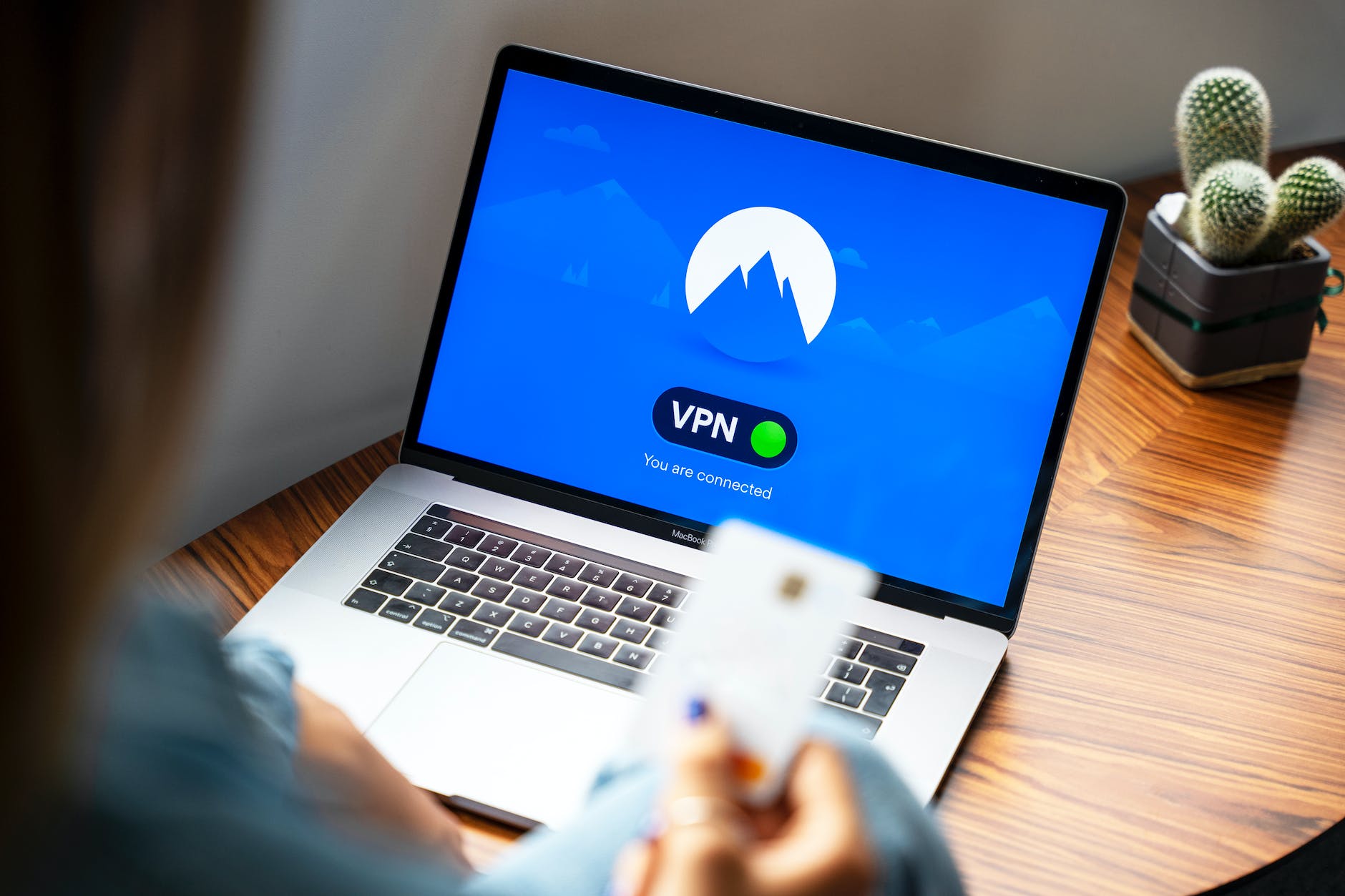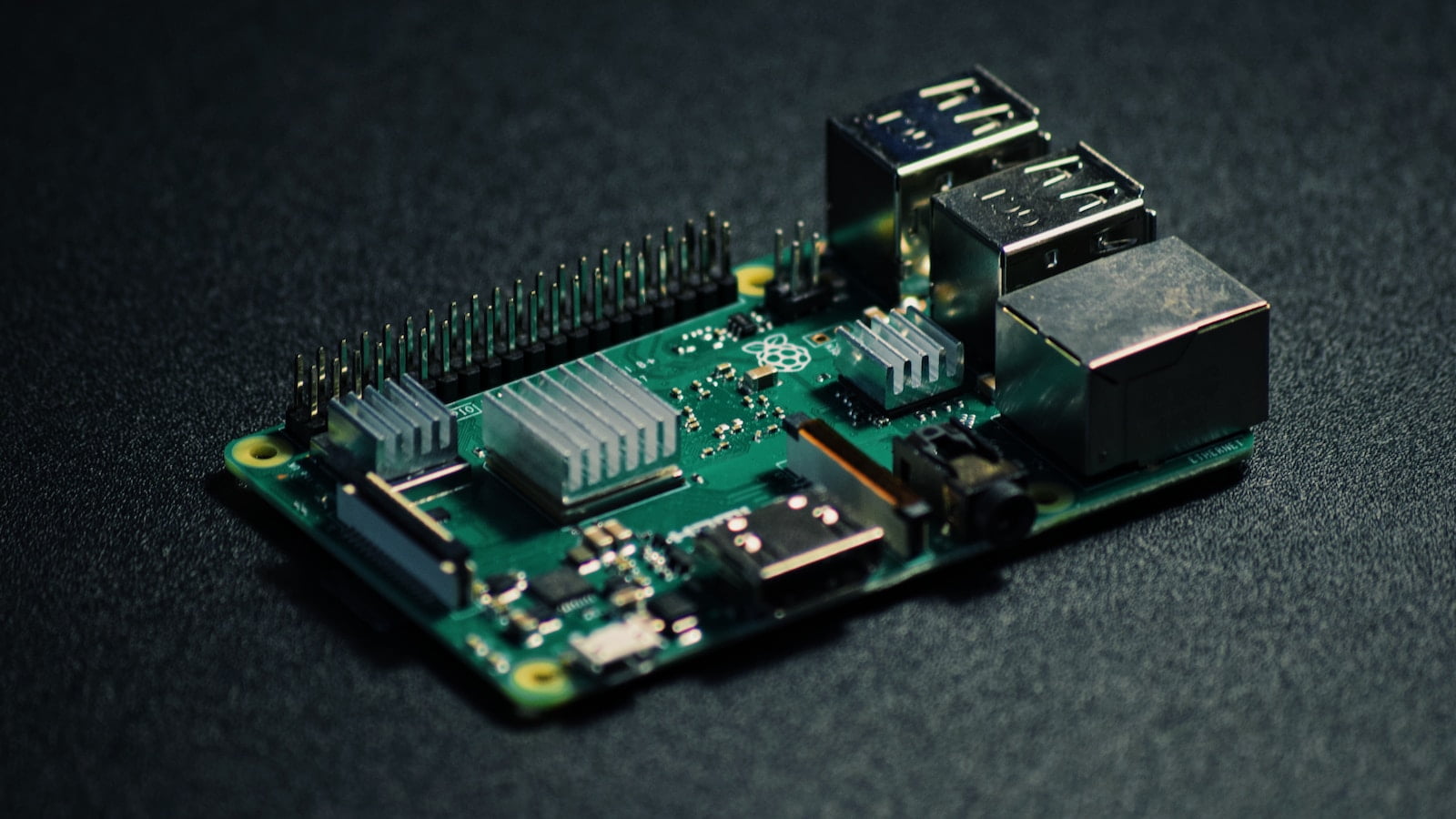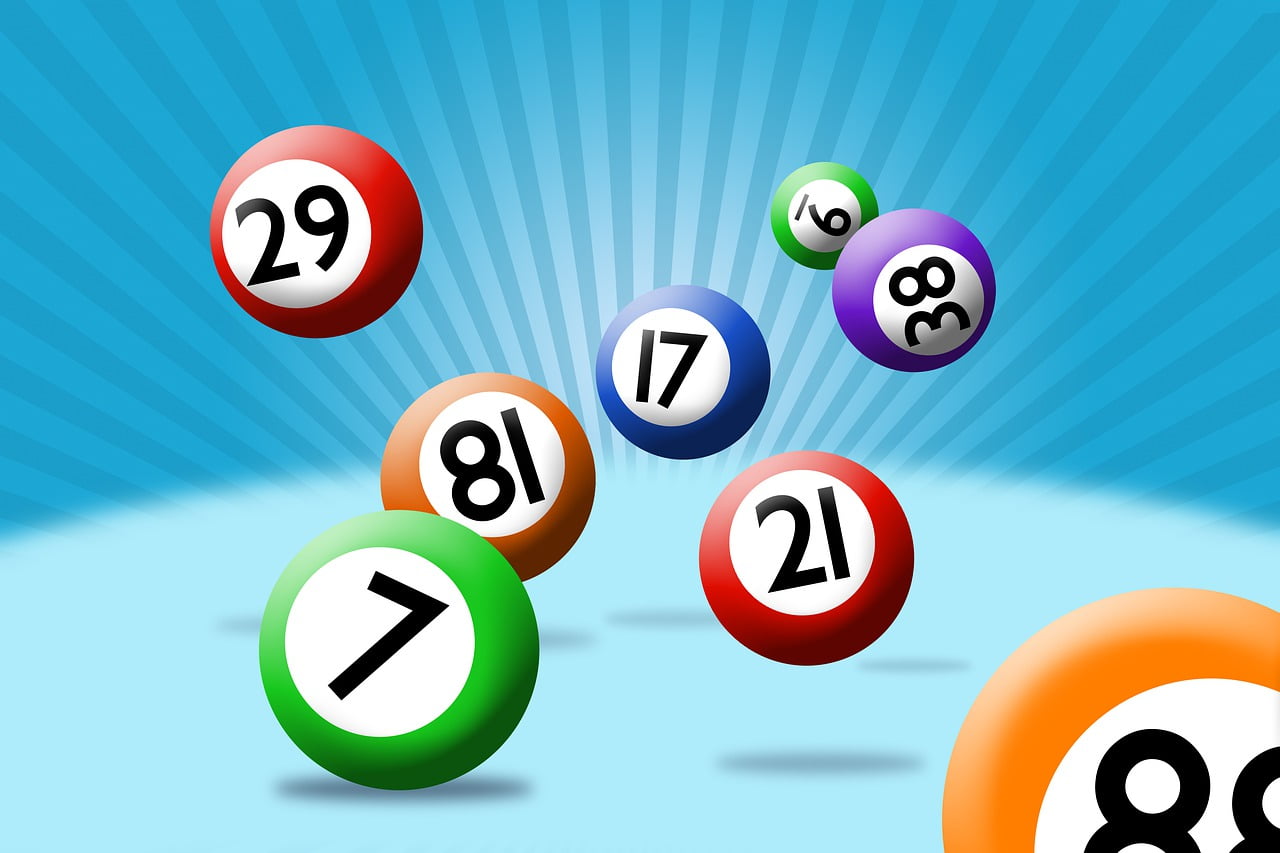The Essentials of VPN (Virtual Private Network): A Beginner’s Guide
A virtual private network (VPN) has become an essential tool for protecting your privacy and security online. As more people work remotely and conduct sensitive transactions online, the use of VPNs has skyrocketed. But what exactly is a VPN, and why has it become so important? This beginner’s guide will provide an overview of VPNs, how they work, their key benefits, and tips for choosing a VPN provider.
What is a VPN?
A VPN, or virtual private network, allows you to create a secure connection over a less-secure network, like the internet. It essentially creates an encrypted tunnel between your device and the VPN server. All internet traffic is routed through this tunnel, providing several key benefits:
Encryption
VPNs use advanced encryption protocols to scramble your data as it travels through the tunnel. This prevents hackers or spies from being able to intercept and read your internet activity.
Also Read : Do you want to Invest in Crypto then Read this…
Anonymity
By hiding your IP address and rerouting your traffic through the Virtual Private Network server, your online actions become anonymous. This prevents websites or advertisers from tracking your location or behavior.
Access Restricted Content
VPNs allow you to workaround content restrictions and access websites or services blocked in your country. By masking your real location, you can access region-restricted content.
Public Wi-Fi Security
Connecting through a VPN secures your connection even over public Wi-Fi networks. The VPN encryption protects you from snoopers or hackers on the same network.

Virtual Private Network
Why are VPNs Important?
There are several key reasons why VPN services have become so critical in recent years:
- Public Wi-Fi risks – Connecting to open Wi-Fi makes you vulnerable to snoopers. A Virtual Private Network protects you.
- Restricted access – Many schools, workplaces, and countries block certain websites and services. A VPN lets you bypass these restrictions.
- Censorship circumvention – In countries that censor the internet, a VPN provides access to banned content and information.
- Geographic content access – VPNs let you access region-restricted content by masking your true location.
- ISP tracking – Your internet service provider can see your browsing history. A Virtual Private Network prevents this.
- Enhanced privacy – VPN services help you browse anonymously and avoid targeted ads or tracking.
How Does a VPN Work?
VPNs work by rerouting your internet traffic through an encrypted tunnel between your device and the VPN server. Here is a simplified overview of how it works:
- You connect to and authenticate with the VPN server. This creates an encrypted tunnel.
- Internet traffic leaving your device is encrypted and routed through the tunnel.
- The encrypted data reaches the Virtual Private Network server and is decrypted.
- The VPN server then forwards the request to the destination site or service.
- The response goes back through the tunnel to your device, encrypted again.
- You receive the response, decrypted by the VPN app, as if communicating normally without a VPN.
This masks your IP address so that all sites only see the IP of the VPN server. It also encrypts all data to protect your privacy.
Also Read : How to make money through Investing
Choosing a Reliable VPN Provider
The quality of your VPN connection depends on the provider you choose. Here are some key factors to consider:
- Server locations – More server options allow faster speeds and flexible access.
- Encryption protocols – Look for AES-256 bit encryption as a minimum.
- Device support – Make sure apps are available for all your devices.
- No logging policy – The VPN should not track or log your activity.
- Speed – Faster connections facilitate smoother streaming and downloads.
- Reliability – Choose a provider with maximum uptime and connection stability.
- Cost – VPN services range from free to monthly subscriptions.
VPN(Virtual Private Network) FAQs :
Is a VPN completely anonymous?
Are VPNs legal?
Conclusion
A quality VPN service has become essential for online privacy, security, and access in the modern internet era. Whether you want to secure public Wi-Fi, circumvent censorship, access more content or keep your browsing habits private, a Virtual Private Network can help. Following this guide will give you a firm understanding of how VPNs work and what to look for in choosing a provider. With more knowledge, you can confidently benefit from VPN usage.



